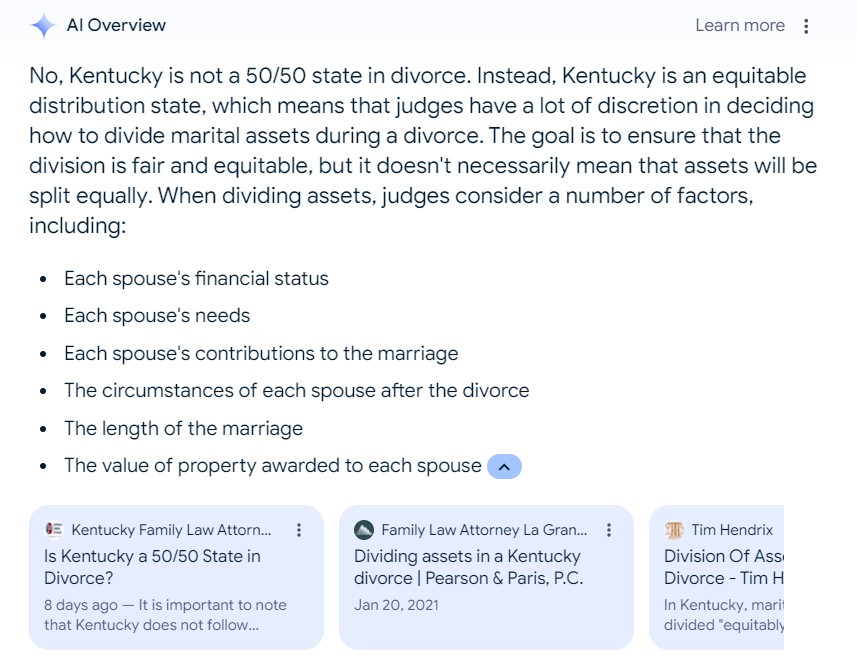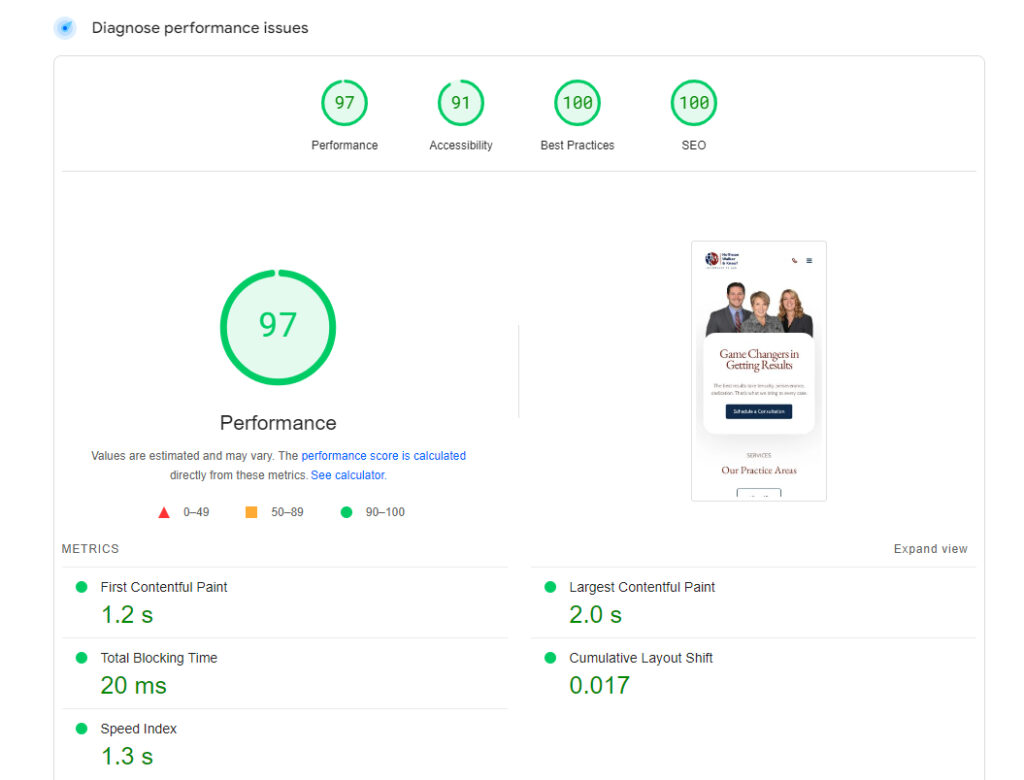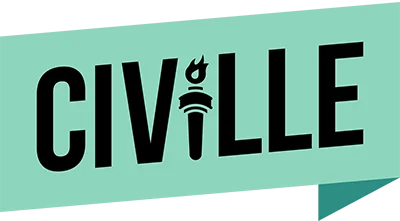
In the digital age, where potential clients turn to search engines for legal guidance, achieving high rankings for relevant topics is important for any business, and that includes law firms. However, the legal landscape is a competitive arena, with numerous firms vying for those coveted top spots on the search engine results page (SERP). Even finding the right topic to write about can be a struggle. Our guide breaks it down and makes writing your legal content a little easier.
Finding the Right Topic for Your Firm
Before you dive headfirst into keyword research and content creation, take a moment to consider the bigger picture. What topics truly align with your firm’s expertise and the needs of your ideal clients?
Think about the questions and concerns your clients frequently raise. What are their pain points? Create content that directly addresses those needs and provides valuable solutions. This not only helps potential clients but also positions your firm as a helpful and knowledgeable resource.
Building Topics Designed to Rank

Your chosen topics shouldn’t just aim for a decent spot in the organic search results. They should be strategically crafted to capture those valuable “rich” features that dominate the SERP. Think of those informative boxes that often appear at the top of search results, like featured snippets and “People Also Ask” sections. By structuring your content to directly answer common questions in a clear and concise way, you increase your chances of snagging these prime positions.
With the rise of Google’s AI Overview appearing at the top of more and more searches, it’s even more crucial to create content that’s comprehensive, accurate, and authoritative. This increases the likelihood that your content will be featured in these summaries.
Your content should not only satisfy the user’s immediate search query but also be structured and optimized to capture those valuable SERP features that can significantly amplify your online presence.
Read More: What are SERP Features and Why Your Law Firm Needs Them?
Creating Timely and Engaging Topics
Timeliness and engagement are key factors in attracting readers and encouraging them to click on your content.
- Capitalize on Current Events: Create content around recent legal developments, new legislation, or trending news topics to capture timely search interest.
- Address Time-Sensitive Needs: Offer valuable information for those seeking immediate legal guidance, such as “What to do after a car accident” or “How to file for emergency custody.”
- Spark Interest with Long-Tail Keywords: Use long-tail keywords that pose questions or address specific concerns to pique curiosity and encourage clicks. For example, instead of “estate planning,” consider “How to protect your assets with a trust.”
Do Your Research—Competitor Analysis and Keyword Refinement
Before you start writing, it’s crucial to do your homework. Thorough research ensures your chosen topic has the potential to rank well and attract the right audience.
Start by analyzing the content that’s already ranking for your target topic. What are your competitors doing well? Where are they falling short? This analysis can reveal opportunities to create even better, more comprehensive content that truly serves the needs of your potential clients.
Next, delve deeper into your target keywords using SEO tools like SEMrush. Analyze search volume, competition, and related terms to refine your focus and uncover new content ideas. This research not only validates your topic but also helps you craft a content strategy that aligns with user search behavior.
Writing the Content and Engaging Your Audience
Creating high-quality, engaging content is essential for attracting readers, keeping them on your page, and ultimately improving your search rankings. Keyword research may be half the battle, but this is where the rubber meets the road.
Respect Your Reader’s Time
In the age of information overload, people value conciseness and clarity. Don’t bury the answers to common questions deep within your content. Provide key information upfront, then use the remaining space to elaborate, offer additional insights, and address related questions your readers might have.
For instance, a blog post on “What to do after a car accident” should provide clear, actionable steps immediately. After you have that handled, you can go into related topics like when to contact an attorney, how legal fees work, or what to expect in a settlement negotiation.
You may see other websites doing quite the opposite and burying answers deep in their articles. However, these types of online resources are often attempting to earn revenue and increase the potential of engagement by maximizing the ads served and increasing the potential for miss clicks. Not all forms of website optimization are right for law firms.
Structure for Clarity and SEO
A well-structured piece of content is easier to read, understand, and navigate. Use a clear heading structure (H1, H2, H3, etc.) to organize your content and guide readers through the information. This not only benefits your readers but also helps search engines understand the hierarchy and relevance of your content, improving your chances of ranking well and ranking for sub-topics as well as your primary topic.
Write to Your Audience, Not Just for Search Engines
Avoid the trap of writing solely for search engines. While keywords and optimization are important, your primary focus should be on creating content that resonates with your target audience. Use clear, concise language, avoiding legal jargon whenever possible. Write in a conversational tone, as if you’re speaking directly to a potential client.
Remember, long-term ranking success depends on user engagement. The more people click on your content, stay on your page, and find your information valuable, the higher your content will rank. Search engines are always trying to serve the most relevant content for any given query, but it’s what the searchers do next that determines whether the search engine was successful or not and whether it should keep serving up the same information or look to some other law firm or legal resource for content.
Entice People to Stay on the Site
Use your blog posts and articles as opportunities to guide readers deeper into your website. Include calls to action that encourage them to learn more about your relevant practice areas, connect with specific attorneys, or contact your firm for a consultation.
Once you have a solid library of content, interlink relevant pieces to keep readers engaged and exploring your site. For instance, a blog post about car accidents could link to another article on personal injury arbitration or insurance claims. This not only improves user experience but also helps search engines better understand the depth and breadth of your expertise.

You Still Need a Strong Website to Rank
Creating stellar content is essential, but it won’t reach its full potential without a strong website foundation. Your website needs to be well-built, easily navigable, and optimized for both users and search engines.
Technical SEO—The Behind-the-Scenes Essentials
Technical SEO might sound intimidating, but it’s simply about ensuring your website is structured in a way that search engines can easily understand. This includes implementing schema markup (code that helps search engines understand your content), optimizing your site structure for logical navigation, and crafting compelling meta descriptions and title tags that accurately reflect your content.
Page Speed is a Critical Factor

In today’s fast-paced digital world, users expect websites to load quickly. A slow website can lead to frustration, high bounce rates, and, ultimately, lower search rankings. Prioritize page speed optimization by compressing images, minimizing code, and choosing a reliable hosting provider.
At Civille, we understand the importance of website speed. Our platform is designed for lightning-fast performance—even on mobile—ensuring your law firm website always loads quickly and efficiently. Don’t let a slow website keep your rankings down.
Read More: 10 Ways to Improve Law Firm Website Page Speed
Building a Knowledge Hub
One of the secrets to ranking success is establishing your website as a comprehensive resource in your field. The more relevant content you have on your site, the easier it is to rank for new topics. This is why we recommend larger content packages to cover a wide range of related topics within your practice areas. A single piece of amazing content might struggle to rank on its own, but when supported by a network of related articles and resources, its chances of success increase significantly.
Other Ideas for Content Topics
While legal topics should be the core of your content strategy, don’t be afraid to branch out and explore other areas that can attract a wider audience and strengthen your connection with your local community.
Create Localized Content and Connect with Your Community
Think beyond legal expertise and tap into the interests of those who live and work in your area. Create content that resonates with your local community, even if it’s not strictly legal in nature. Informative blog posts about local events, holiday celebrations, or even the best places to watch the 4th of July fireworks can attract a wider audience and position your firm as an active participant in the community.
Share Your Successes With Law Firm News
While news about your law firm, such as new hires, awards, mergers, or case wins, might not directly drive organic traffic, it’s still valuable content to share. These updates provide insights into your firm’s culture, expertise, and achievements, building brand awareness and fostering a sense of connection with your audience.
Even if these articles don’t rank high in search results, you can strategically link them to other blog posts or pages that do receive organic traffic. This helps drive engagement and keeps visitors on your site longer, potentially leading to increased interest in your services.
Dominate the Legal Search With Civille
At Civille, we understand the complexities of legal SEO and content marketing. Our team can help you develop a winning strategy, create engaging content, optimize your website, and track your progress to ensure you achieve the highest possible rankings for your target topics.
Creating high-quality content is essential for ranking success, but it’s only one piece of the puzzle. By combining strategic topic selection, thorough research, and a well-optimized website, you can dominate the legal search landscape and attract the clients you deserve.





